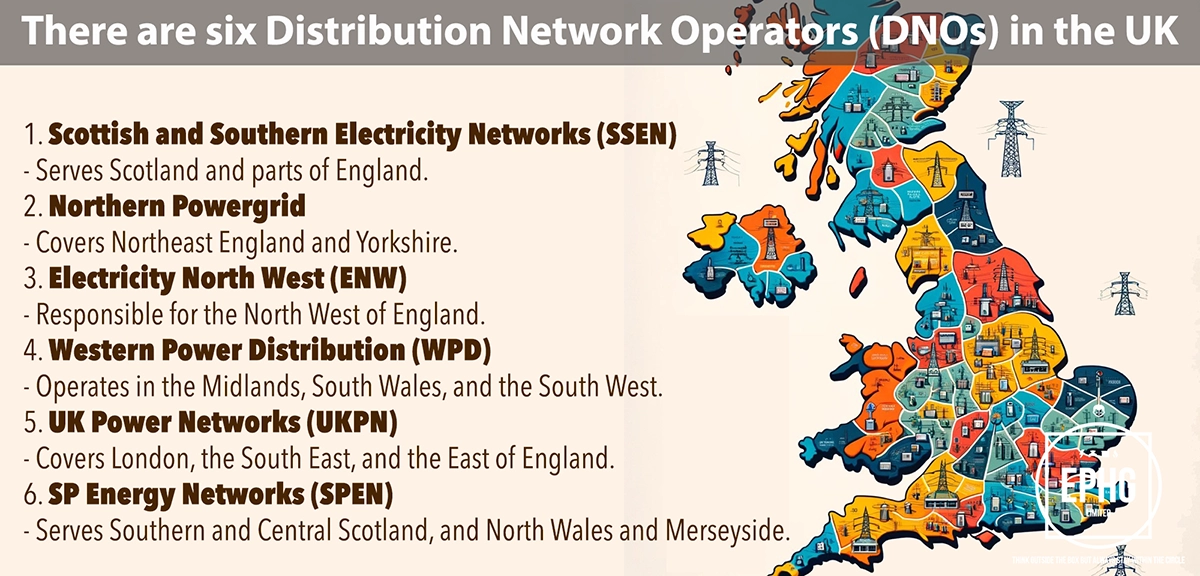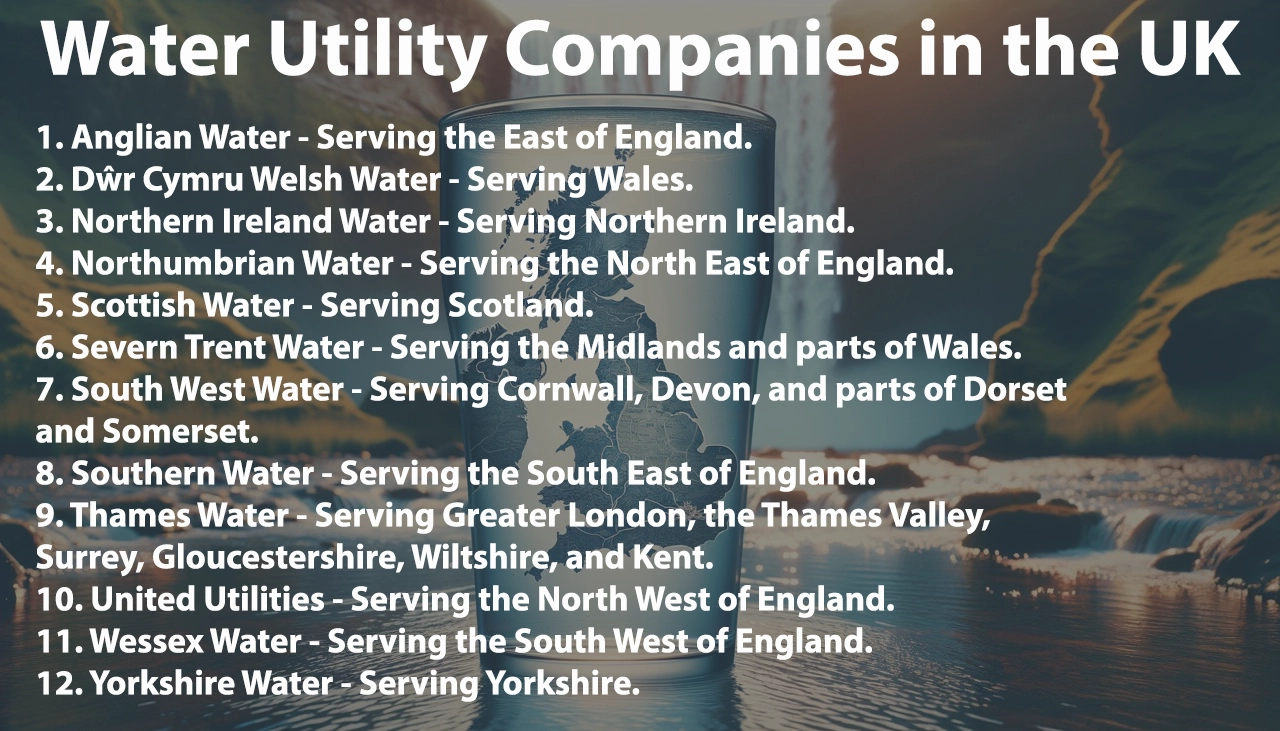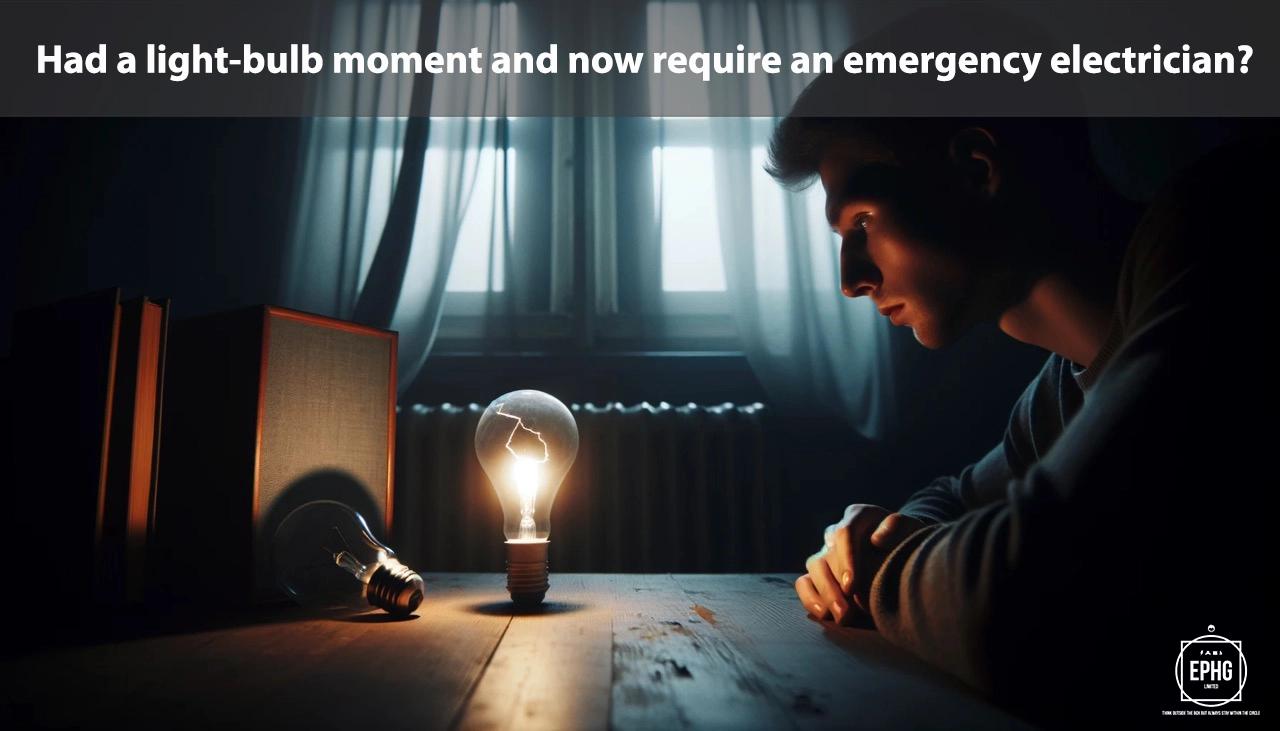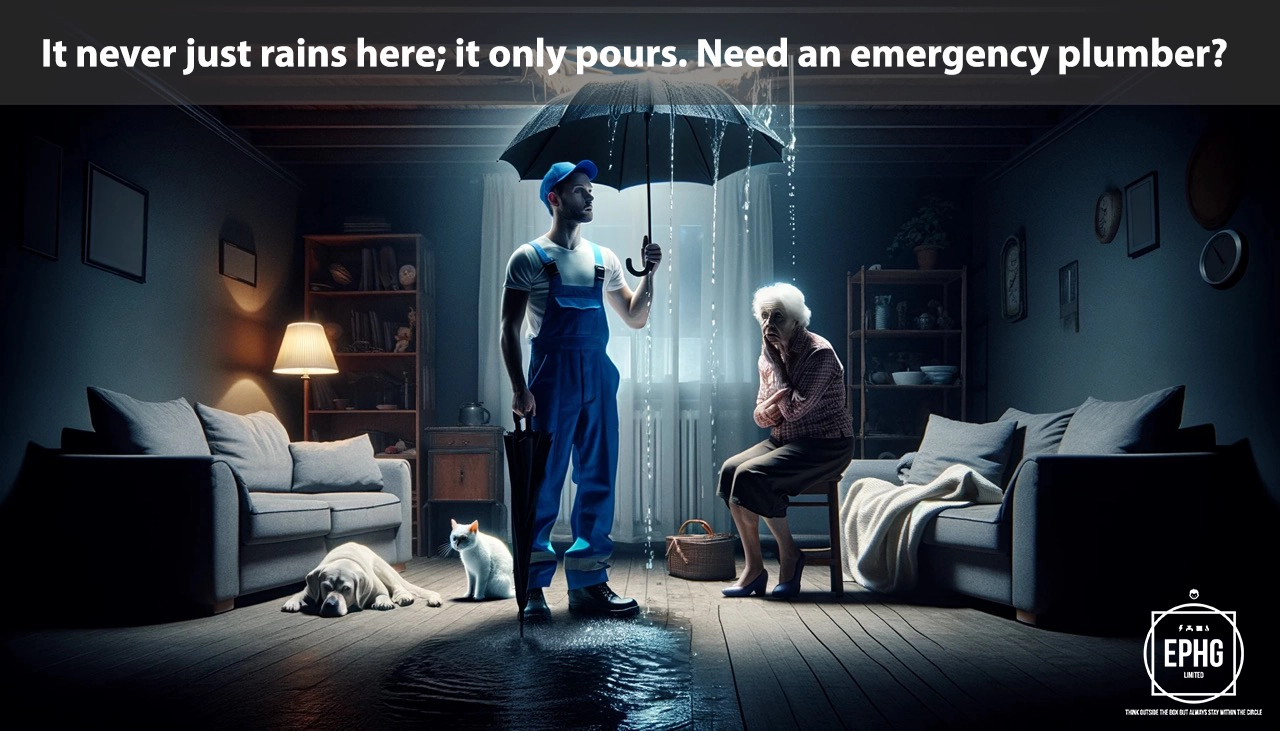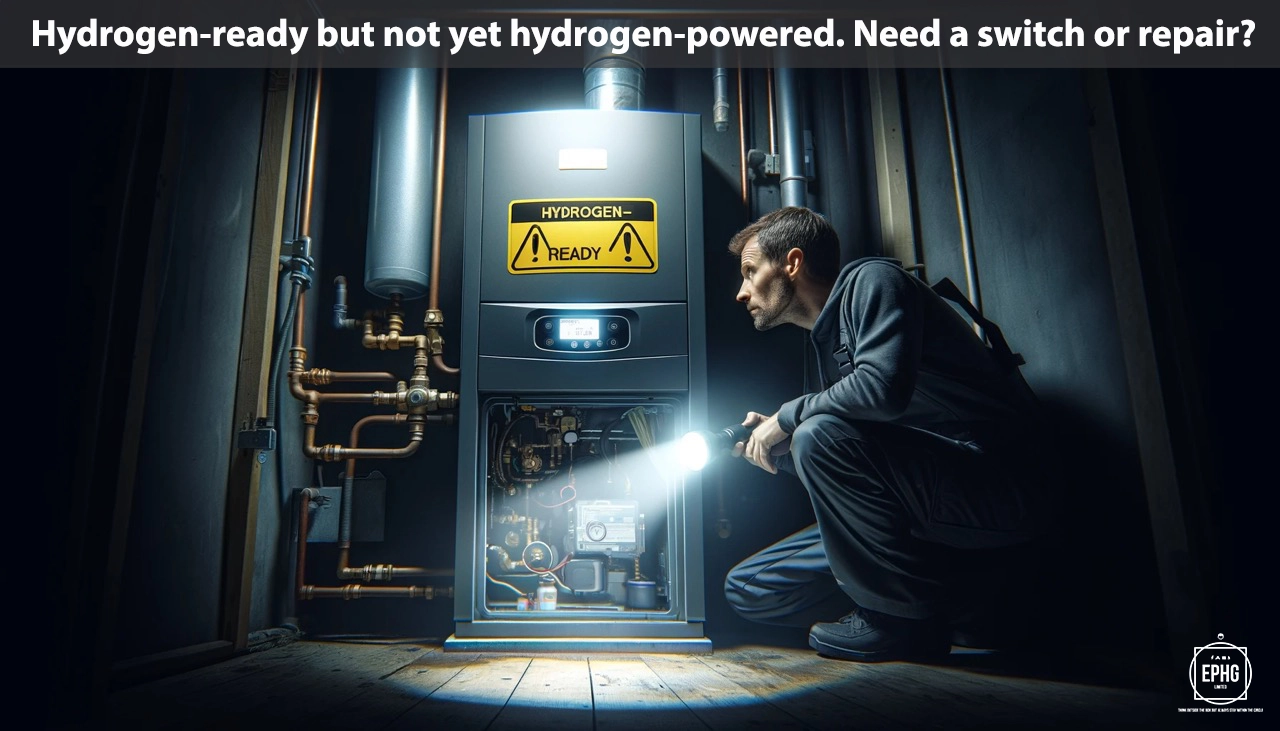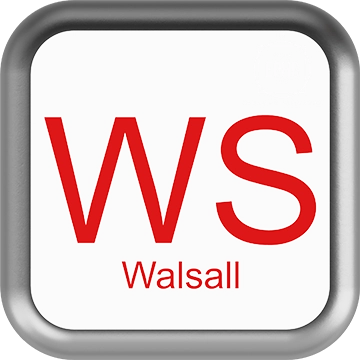
WS Postcodes for Utilities & Services in Walsall and Surrounding Areas
Introduction: The WS postcode area, encompassing Walsall and neighboring regions, offers a unique combination of urban and rural settings, impacting the delivery and development of utilities and services. This guide aims to provide a thorough overview of the water, electricity, and additional services vital for the residents and businesses in this diverse area.
Water in Walsall
What are the primary sources of water in Walsall, and how does the area address water scarcity?
In Walsall, the main sources of water supply are the River Tame and the smaller Blythe and Bourne brooks, supplemented by reservoirs and groundwater sources. Despite generally sufficient supply, the region faces challenges such as population growth and climate change that could impact water availability. Local water authorities engage in strict water management practices and encourage conservation efforts among the community to ensure a sustainable supply. Infrastructure improvements and public awareness campaigns are also part of the strategy to combat potential water scarcity issues.
How does water quality and hardness impact residents in Walsall?
The water in the Walsall area tends to be moderately hard due to the presence of minerals picked up during its journey through underground sources. While hard water can lead to scale buildup in appliances, it is not harmful to health and may contribute beneficial minerals. Water quality is rigorously tested and treated to meet strict safety standards, ensuring it is safe for consumption and use. Residents might opt for water softening solutions if they wish to reduce hardness, especially to extend appliance lifespans and improve cleaning efficiency.
Electricity in Walsall
What are Walsall's primary electricity sources, and how is the energy future shaping up in the region?
Walsall's electricity supply is diversified, with energy primarily generated from traditional fossil fuels and an increasing focus on renewable sources. The town has started embracing sustainable energy practices by incorporating solar, wind, and hydroelectric power into its energy mix. The move towards green energy is aligned with national goals to reduce carbon emissions and combat climate change. Future energy plans for Walsall involve continued expansion of renewable energy projects and technology, aiming to create a more sustainable, secure, and environmentally friendly energy landscape for its residents and businesses.
Is hydrogen energy a future consideration for Walsall's energy system?
Walsall is exploring the potential of hydrogen energy as part of its broader strategy to embrace cleaner, more sustainable energy sources. While the introduction of hydrogen fuel into the town's energy system is in preliminary stages, Walsall is closely monitoring regional and national developments in hydrogen technology. The town anticipates future integration of hydrogen energy solutions, particularly in public transportation and heating, to reduce its carbon footprint and lead in green energy innovation.
How is wastewater managed in Walsall?
In Walsall, wastewater management is a key component of maintaining the town's environmental health and public safety. Wastewater from residential, commercial, and industrial sources is collected and treated at local facilities to remove harmful pollutants before being released back into the environment. The main treatment works ensure that the cleaned water meets all regulatory standards before it is discharged into nearby rivers, such as the River Tame, safeguarding local waterways and the broader ecosystem. Continuous investment in wastewater infrastructure reflects Walsall's commitment to sustainable urban living and environmental protection.
Regions and Services:
The WS postcode area, covering Walsall and its surrounding environments, presents a rich tapestry of urban and semi-rural landscapes. Notable regions within this area include:
- Walsall Town: The heart of the area's utility advancements, showcasing comprehensive electrical and gas infrastructures catering to a bustling urban population.
- Willenhall, Bloxwich, and Aldridge: These towns display a harmonious blend of old and new, offering residents a mix of traditional services alongside modern developments, reflecting their individual histories and growing needs.
- Brownhills, Darlaston, and Wednesbury: Communities known for their commitment to sustainability, with increasing investments in renewable energy projects enhancing their local utility services.
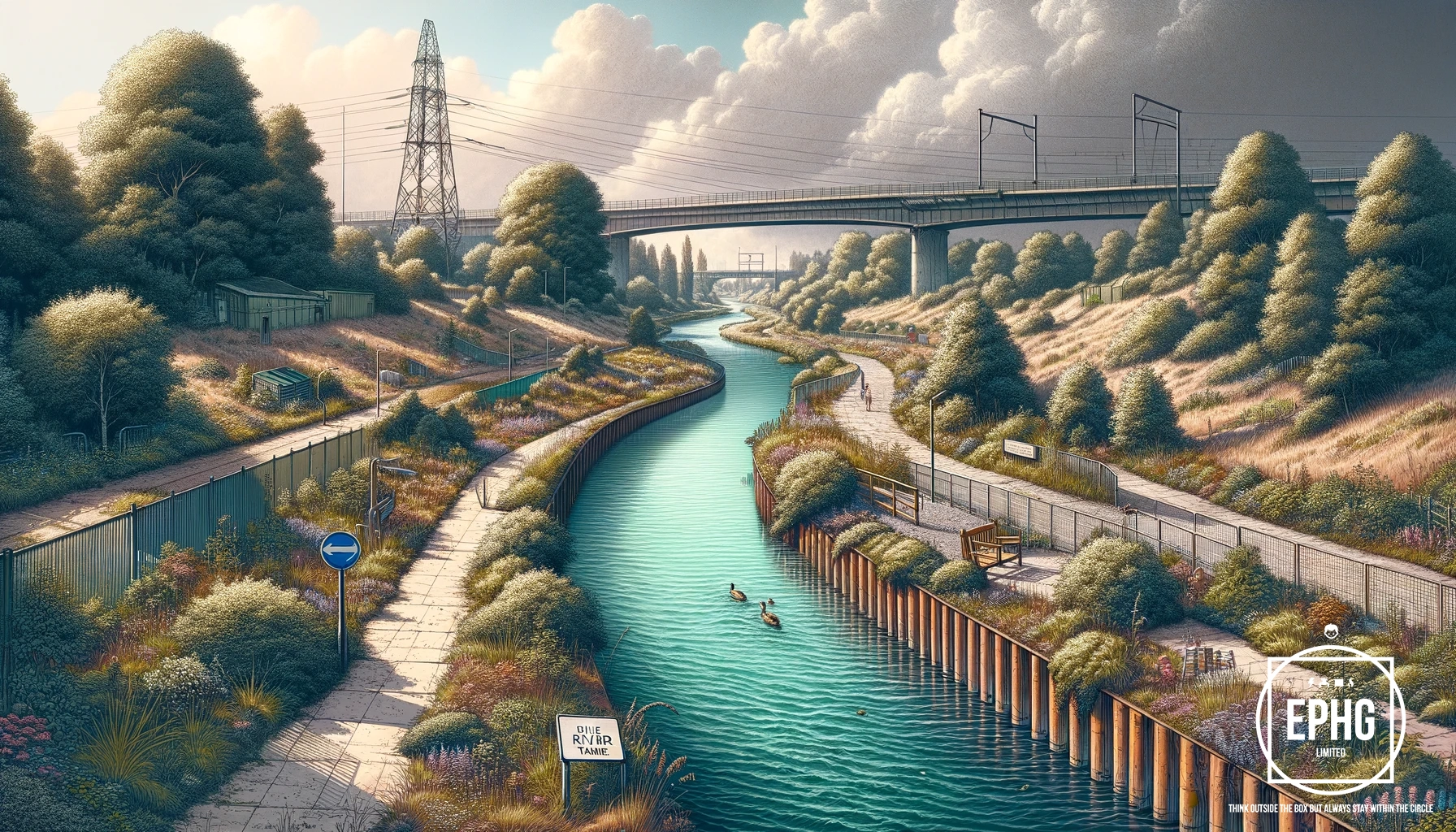
Regions within the WS Postcode
Walsall and Surrounding Areas
- WS1: Walsall town centre, Caldmore
- WS2: Pleck, Bentley, Leamore
- WS3: Bloxwich, Coal Pool, Pelsall
- WS4: Rushall
- WS5: Bescot, Tamebridge, Yew Tree
- WS6: Cheslyn Hay, Great Wyrley
- WS7: Burntwood
- WS8: Brownhills, Walsall Wood
- WS9: Aldridge, Walsall Wood
- WS10: Wednesbury, Darlaston
- WS11: Cannock, Huntington, Wimblebury
- WS12: Heath Hayes, Hednesford, Wimblebury
- WS13: Lichfield
- WS14: Lichfield, Whittington
- WS15: Rugeley, Brereton, Armitage
